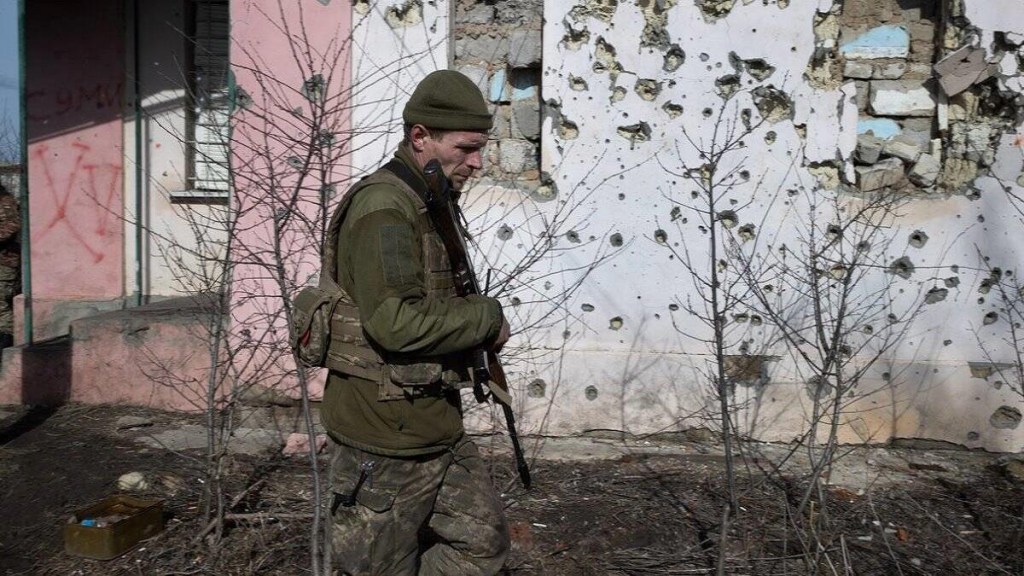The United States has announced its intention to send cluster bombs to Ukraine as part of an effort to support the country’s counteroffensive and replenish its depleting ammunition reserves. Despite concerns over the weapons’ tendency to fail to explode and pose risks to civilians, President Joe Biden referred to the decision as a “difficult” one, citing Russia’s ongoing use of cluster munitions in Ukraine. US officials explained that Ukraine’s forces have been firing artillery at a rate that surpasses production capabilities, necessitating immediate support until domestic output increases later in the year.
President Biden acknowledged the gravity of the situation, stating in an interview with CNN, “We’re in a situation where Ukraine continues to be brutally attacked across the board by munitions, by these cluster munitions.” He also acknowledged the initial reluctance he experienced before making the decision to send cluster bombs.
‘Will not use it in civilian areas’
Ukraine has argued that the cluster munitions will be essential in targeting entrenched Russian positions, although the ongoing counteroffensive has yet to achieve significant breakthroughs. US officials reassured that Ukraine is committed to demining efforts and will refrain from using the bombs in civilian areas once the conflict concludes.
The provision of cluster bombs marks the latest instance of the Biden administration’s decision to supply weapons to Ukraine, previously considered off-limits due to concerns over escalating the conflict or eliciting a response from Russian President Vladimir Putin beyond Ukraine’s borders. The Pentagon provided details of the delivery, announcing that the munitions are part of an $800 million package drawn from existing US stocks.
Cluster munitions are prohibited
However, this decision may strain relations with NATO allies, many of whom are signatories to the 2010 Convention on Cluster Munitions, which prohibits the use and transfer of such weapons. As NATO leaders prepare to convene in Vilnius, Lithuania, next week, the issue is likely to be discussed.
Earlier, France and Germany had already declared their refusal to supply cluster bombs. NATO Secretary General Jens Stoltenberg clarified that this decision was made by individual countries, rather than reflecting NATO’s stance as an alliance.
National Security Adviser Jake Sullivan assured reporters that there were no divisions within the alliance regarding the US decision. He pointed out that Russian cluster munitions have a failure rate of up to 30% compared to the 2.5% failure rate of US-supplied stocks. Moreover, tens of millions of Russian cluster munitions are already scattered across Ukraine, making the US decision more justifiable.
Several prominent Republican lawmakers, including House Foreign Affairs chairman Mike McCaul, Senate counterpart James Risch, and top Senate Armed Services Committee Republican Roger Wicker, have voiced their support for the White House decision.
US decision criticised
Arms-control groups have criticised the Biden administration for considering the provision of cluster bombs, highlighting that the weapons likely to be sent, referred to as Dual-Purpose Improved Conventional Munitions, have a dud rate of 6% or higher. Amnesty International military researcher Patrick Wilcken expressed his concerns, stating, “The USA’s plan to transfer cluster munitions to Ukraine is a retrograde step, which undermines the considerable advances made by the international community in its attempts to protect civilians from such dangers both during and after armed conflicts.”
Cluster munitions, when fired from aircraft or ground-based artillery, missile, or rocket launchers, disperse bomblets that can target armoured vehicles and personnel effectively, particularly when facing entrenched forces.

